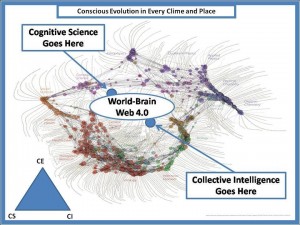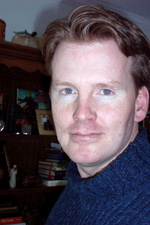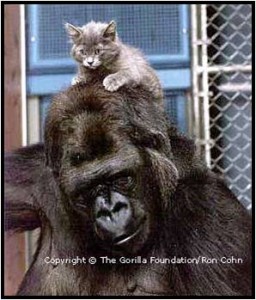Responding to Harrison Owen: Public Administration in the 21st Century II.
I think of consciousness from two perspectives. Both may seem plodding. I don’t think of it in terms of evolution, understood as involving some novel emergence, like growing a new organ. An improvement of consciousness occurs within the kind of physical and social makeup and potential that humans have had for a very long time and will be stuck with for a very long time.
One perspective is individual development. I’m reading Bernard Lonergan right now, so I will use his terms. He uses lists and says there are five degrees of “self-transcendence.” (Don’t go looking for any long explanation. I’m working off his Reader, and an excerpt from a 1980 article called “A Post-Hegelian Philosophy of Religion.”) “The fourth is the discovery of a truth.. the grasp in a manifold of data of the sufficiency of the evidence for our affirmation or negation. The fifth is the successive negotiation of the stages of morality and/or identity till we reach the point where we discover that it is up to ourselves to decide for ourselves what we are to make of ourselves, where we decisively meet the challenge of that discovery, where we set ourselves apart from the drifters. …becomes a successful way of life ..when we fall in love, whether the love be the domestic love.. or the love of our fellows whose well-being we promote and defend, or the love of God above all in whom we love our neighbor as ourselves.”
This seems to fit with what struck me in Robert Kegan’s book, Immunity to Change: How to Overcome it and Unlock the Potential in Yourself and Your Organization. He has a nice little progression on “mental capability”, going from socialized mind, self-authoring mind, and self-transforming mind. The self-authoring mind is a very clever fellow who figures out how to get things done and apply concepts. They are the leaders today but a few percent get beyond it. Kegan even seems to have some tests that can detect this. And I saw his deceptively simple unlocking workshop really make a difference for several people.
The other perspective is culture. Lonergan points to a first enlightenment, with Newton, that swept away feudalism. We are well into a second enlightenment that relativizes it all. “Just as the first enlightenment had its carrier in the transition from feudal to bourgeois society, so the second may find a role and task in offering hope and providing leadership to the masses alienated by large establishments under bureaucratic management.” (From a 1975 paper in the Third Collection, p56-65.)
While all this sounds plodding, it can also get very sophisticated (in explaining our degraded culture and recapturing lost insight) without at the same time being taken in by some new age or guru, an impulse that has confused and derailed us. (My other guide on this is Eric Voegelin, who understood the errors of gnosticism.)






